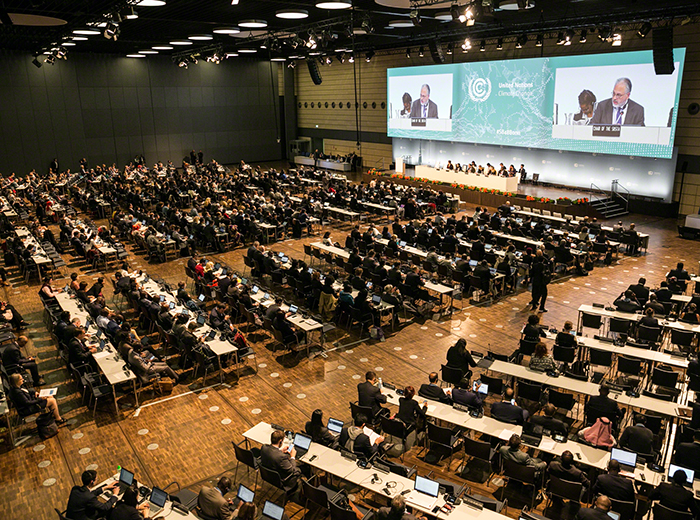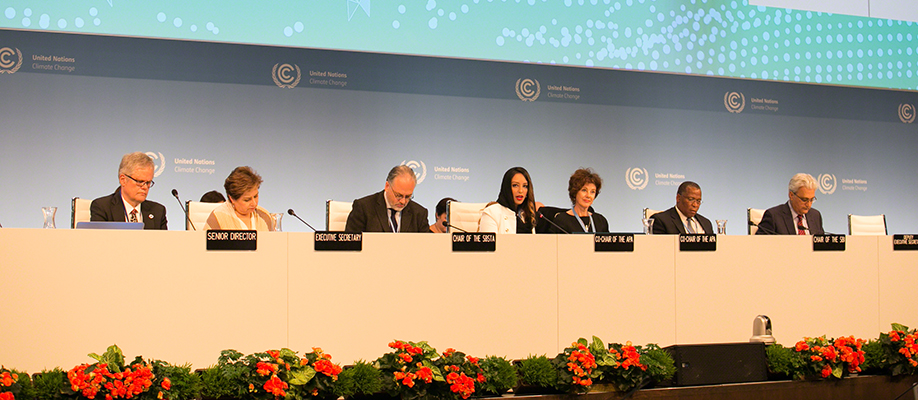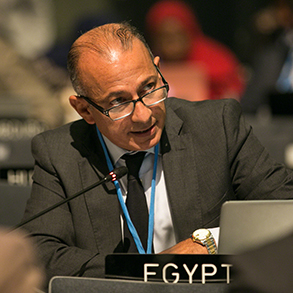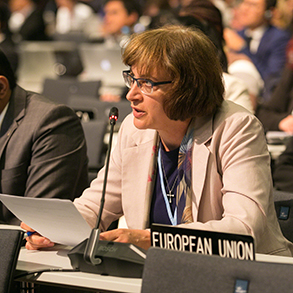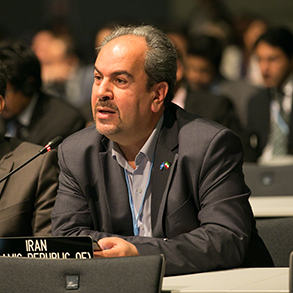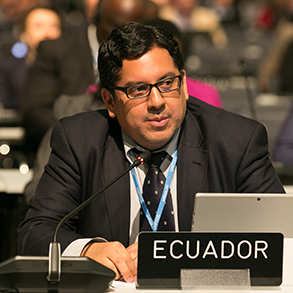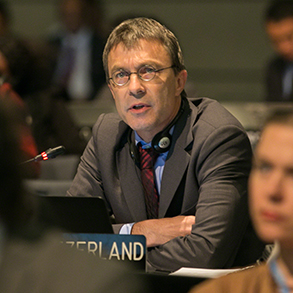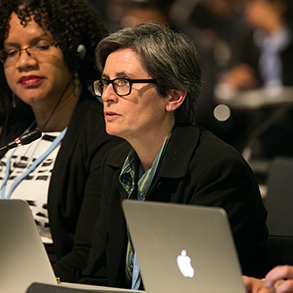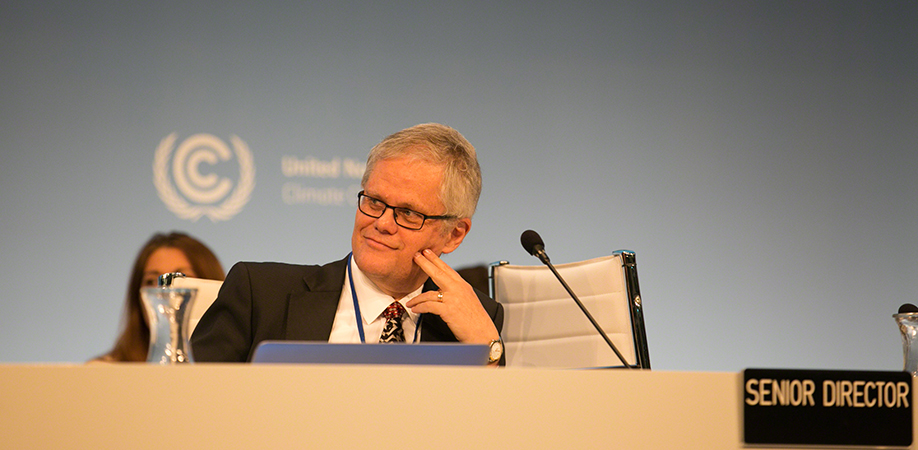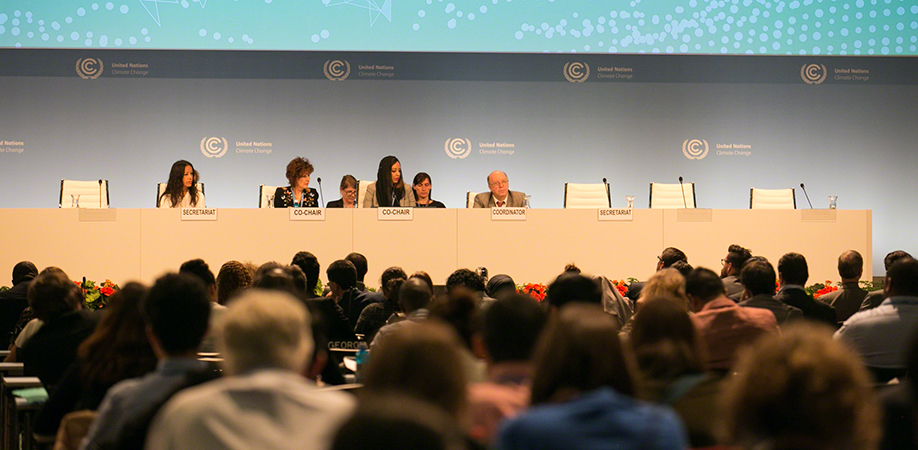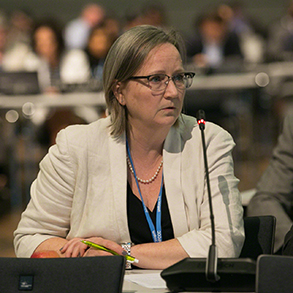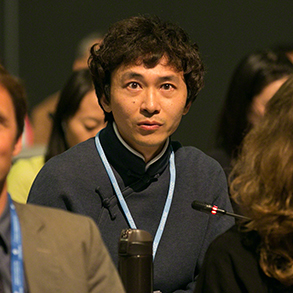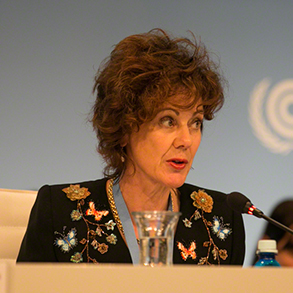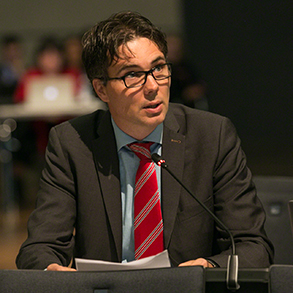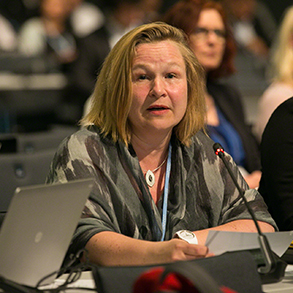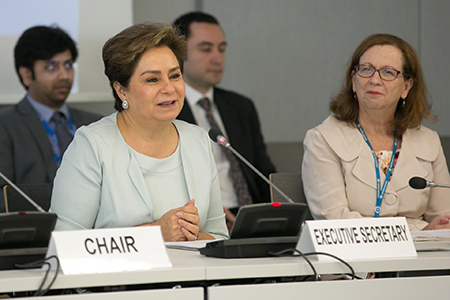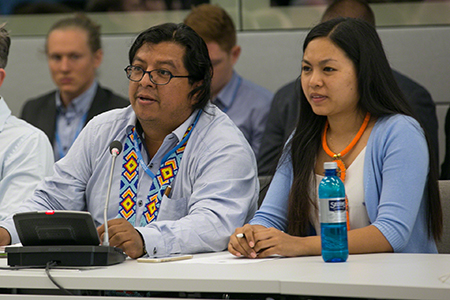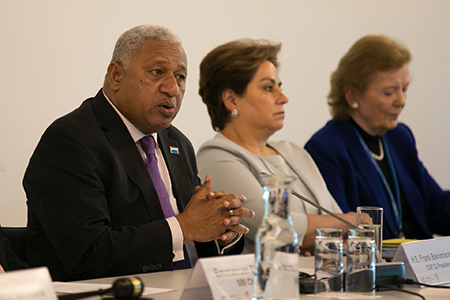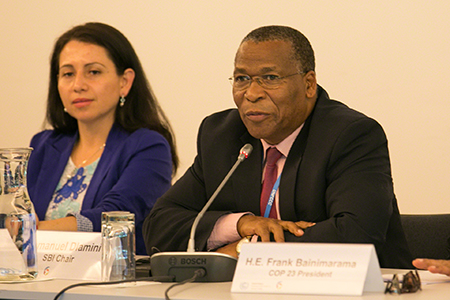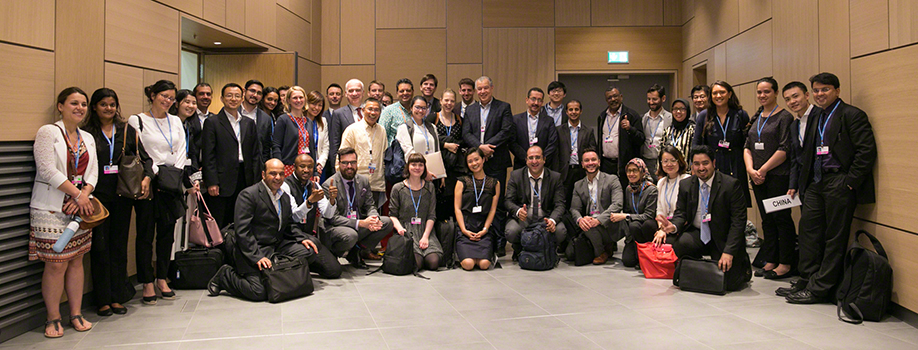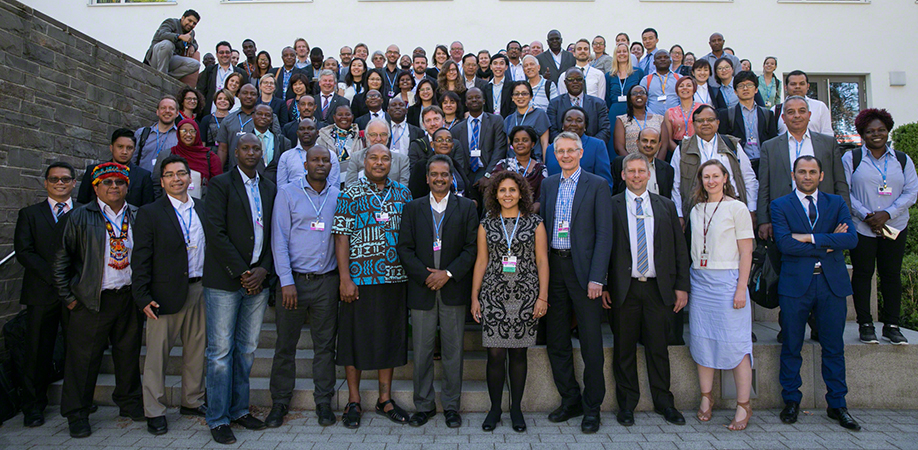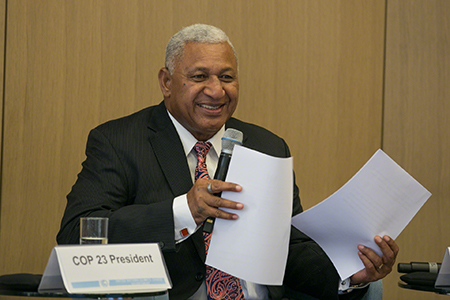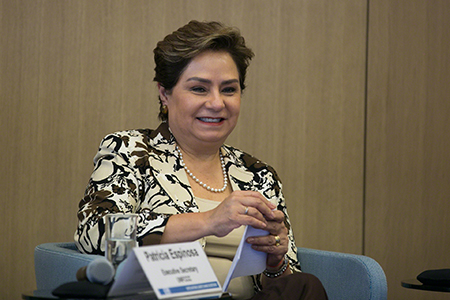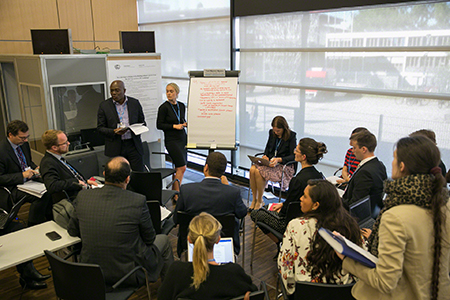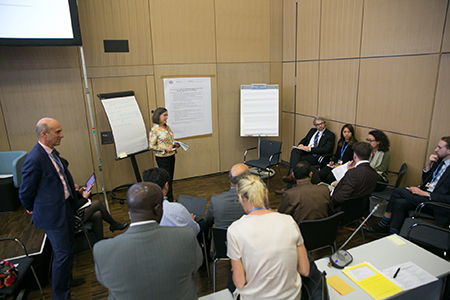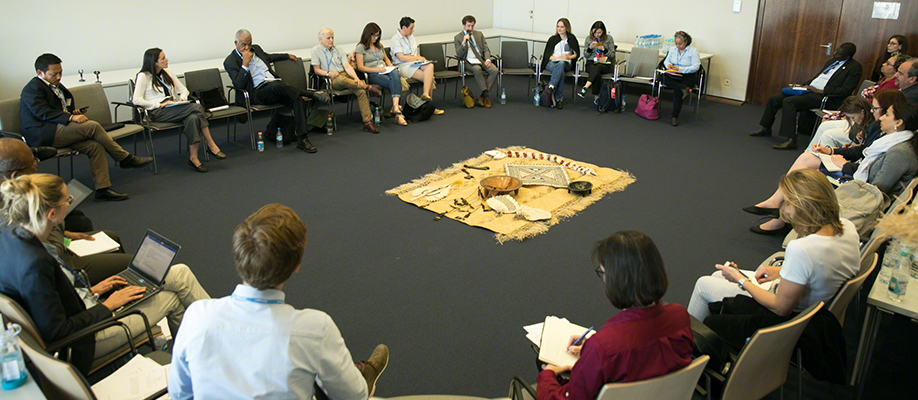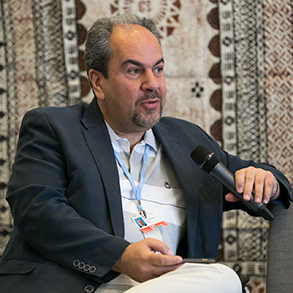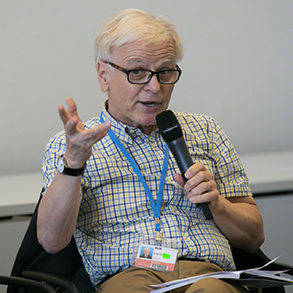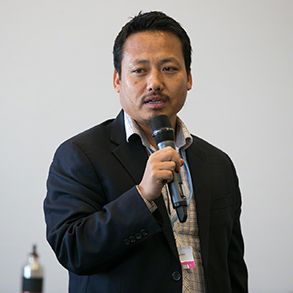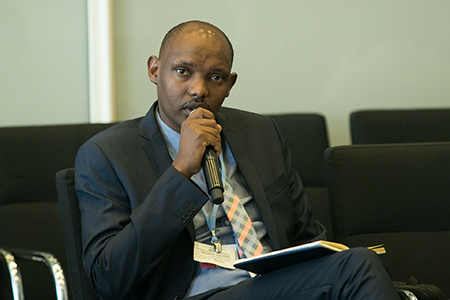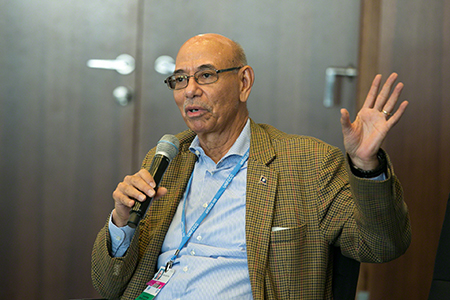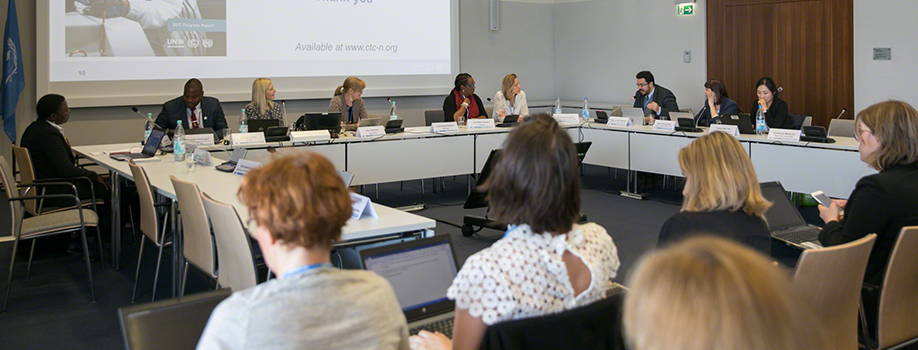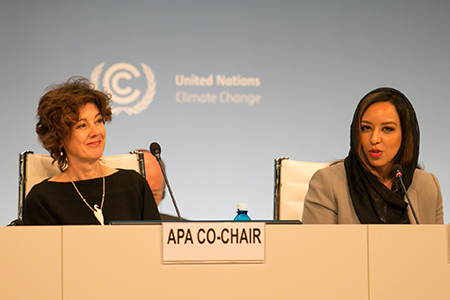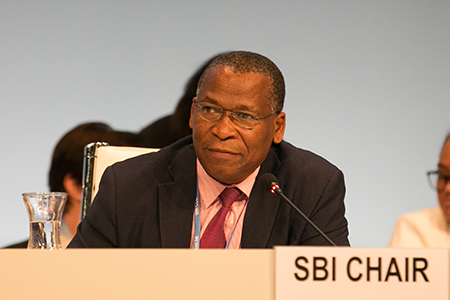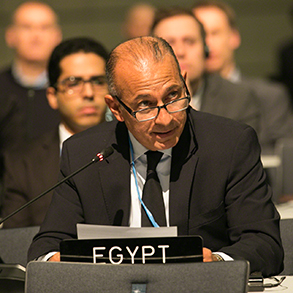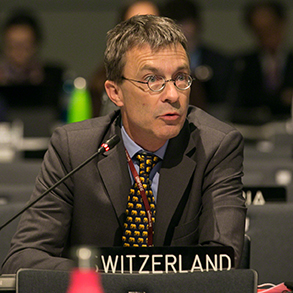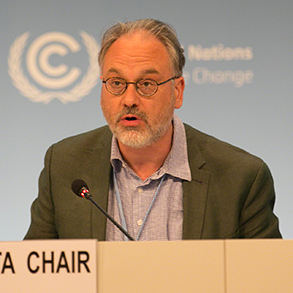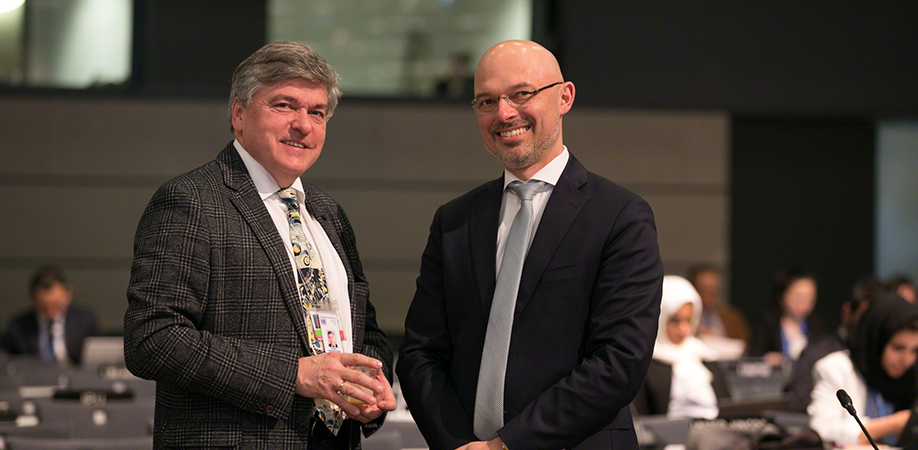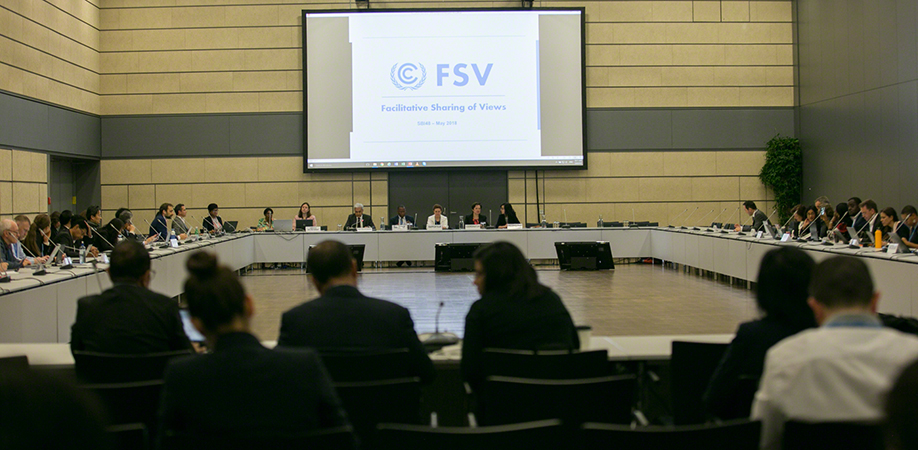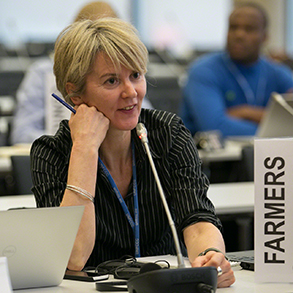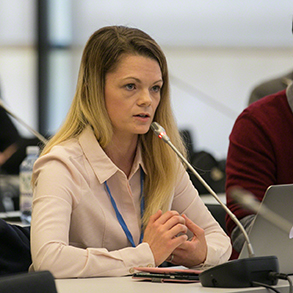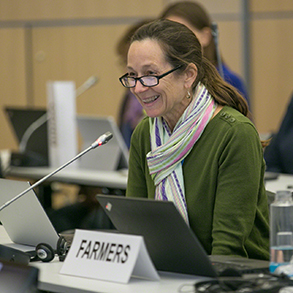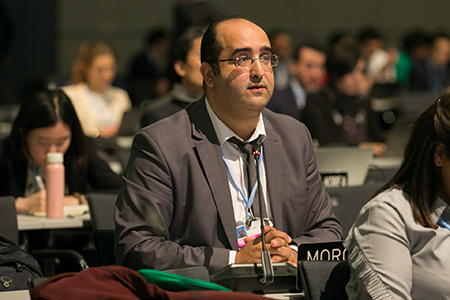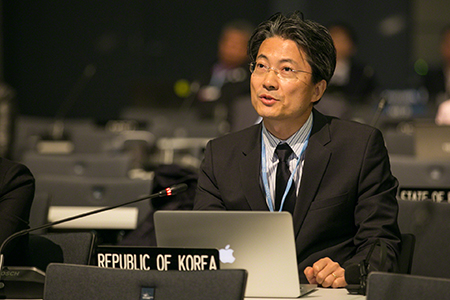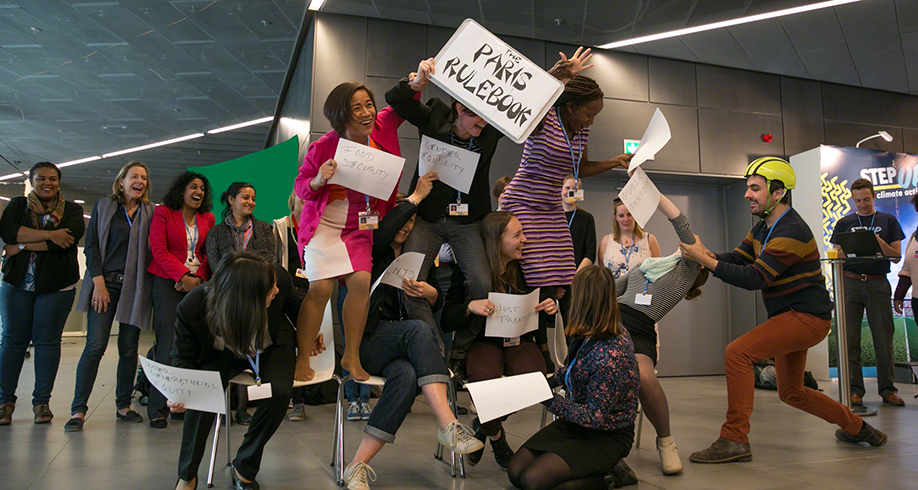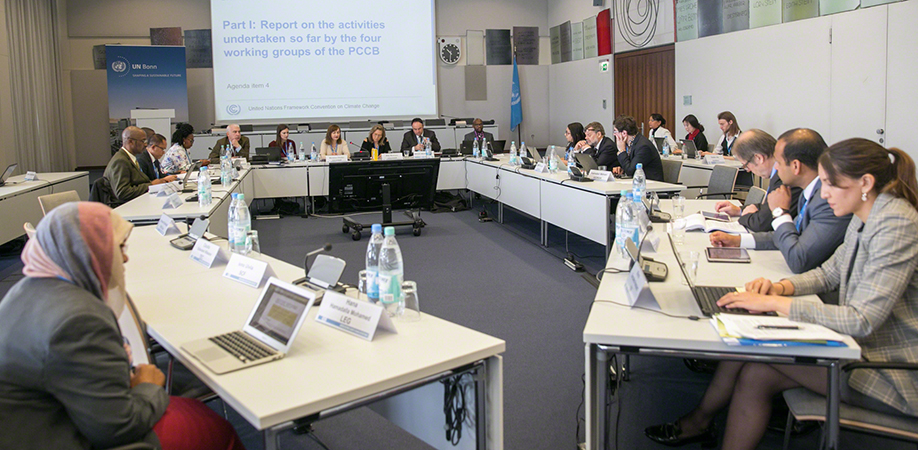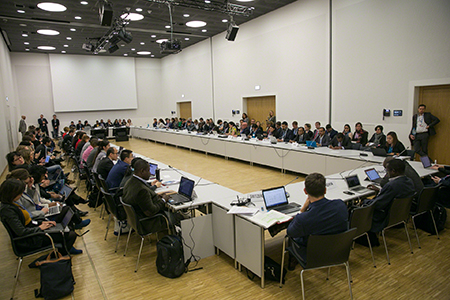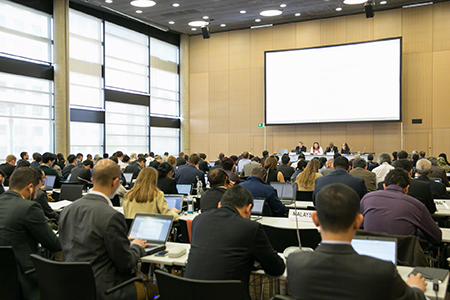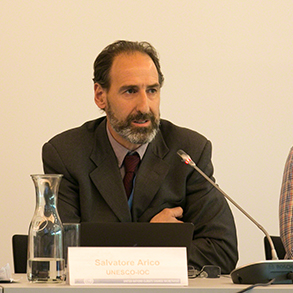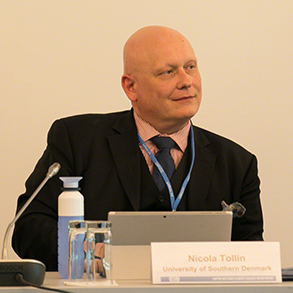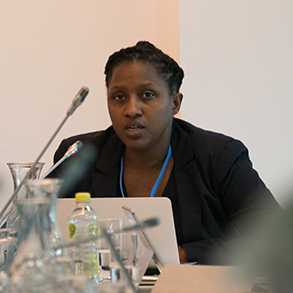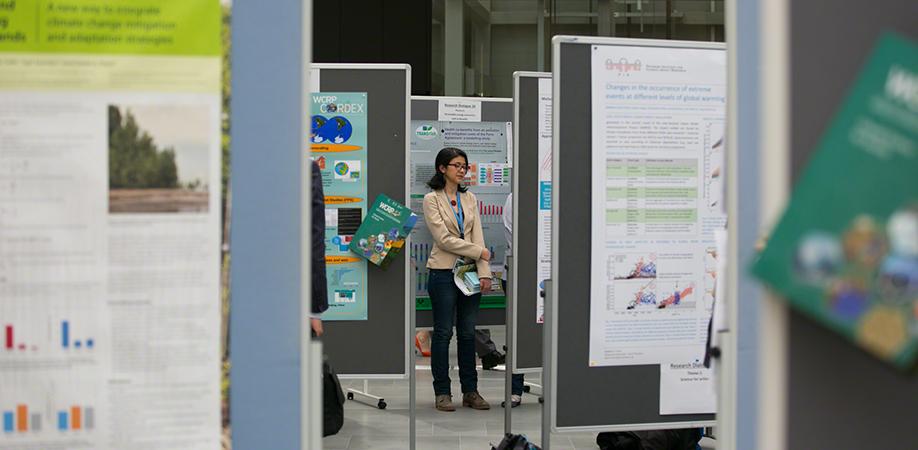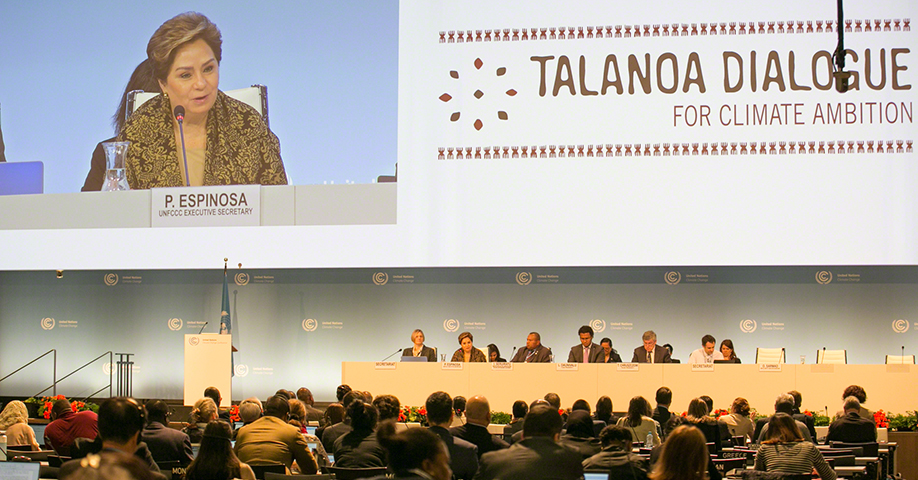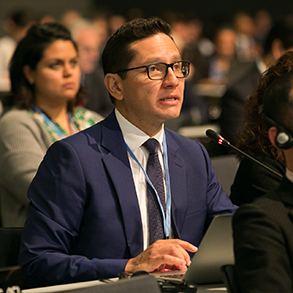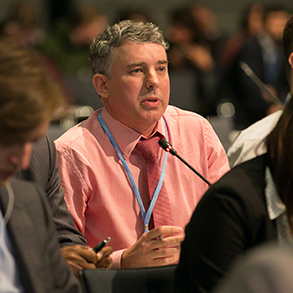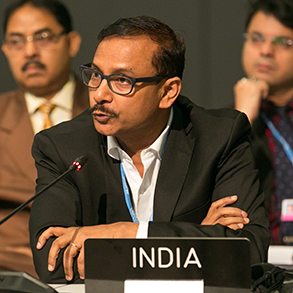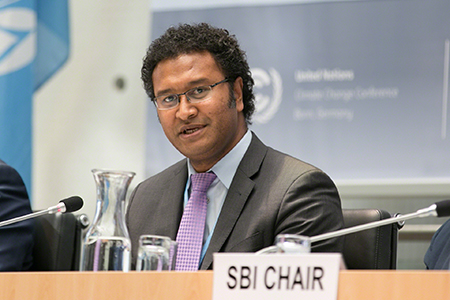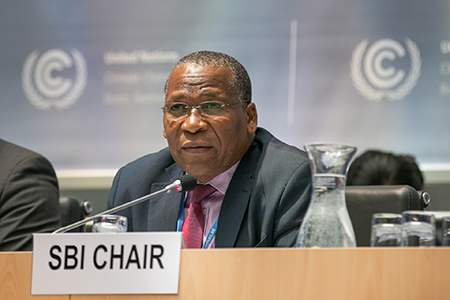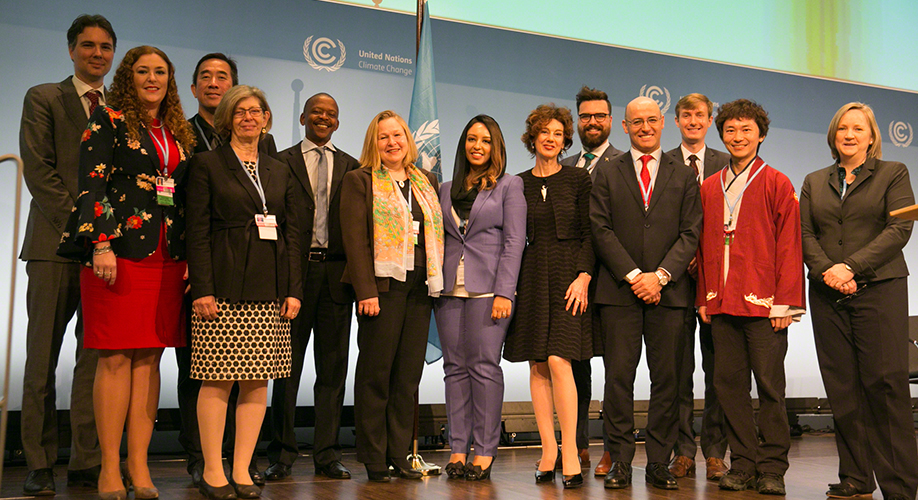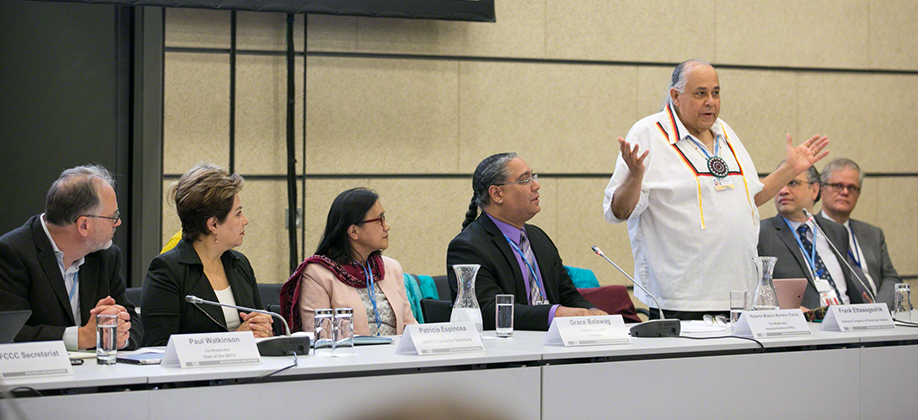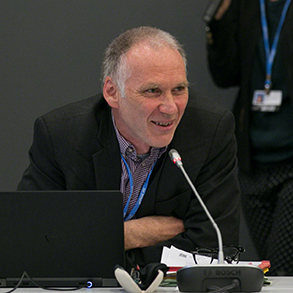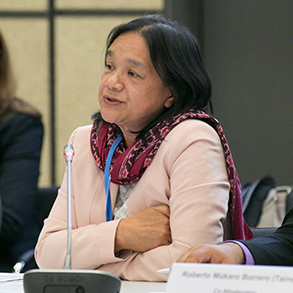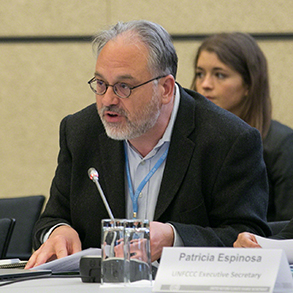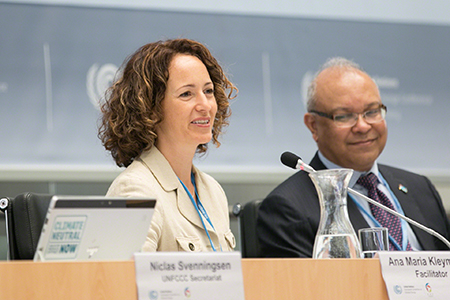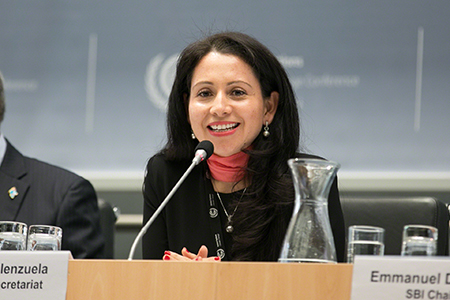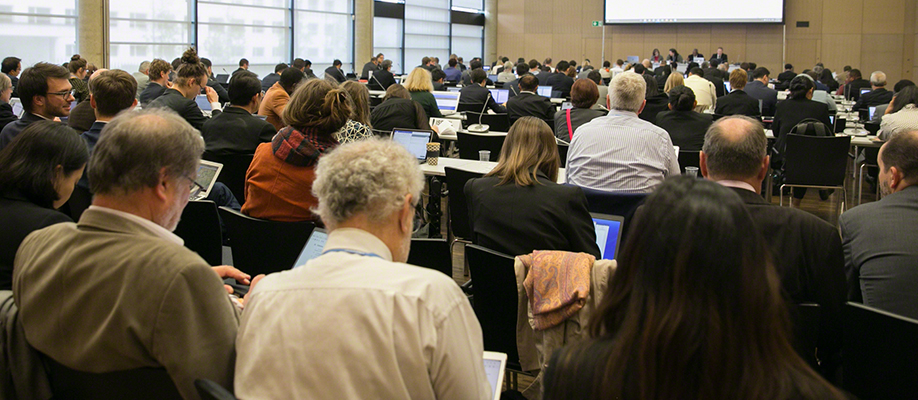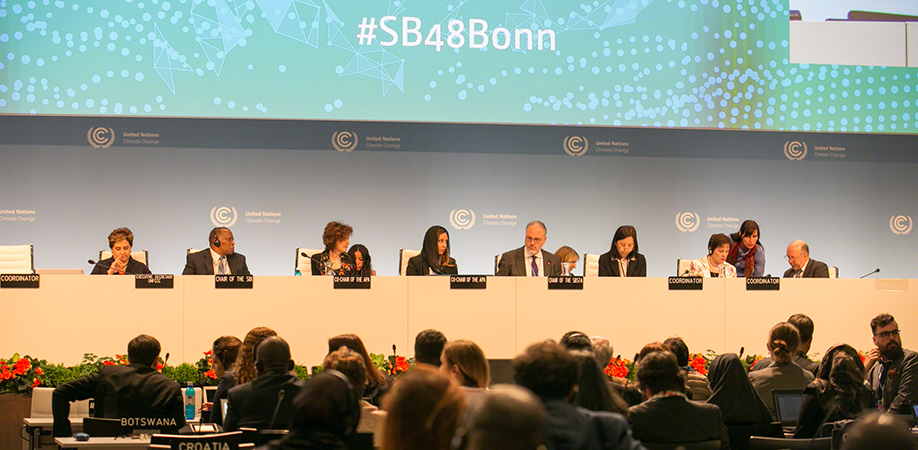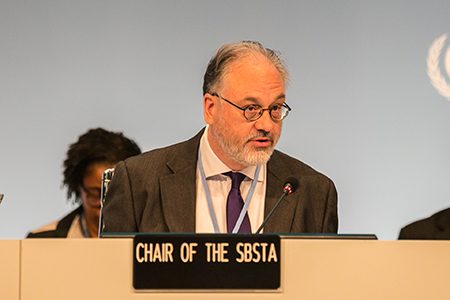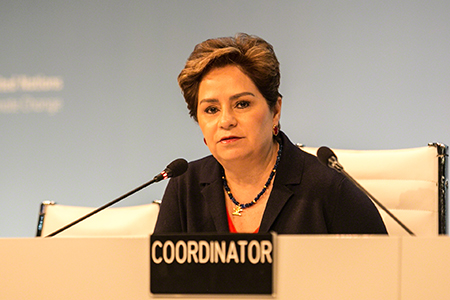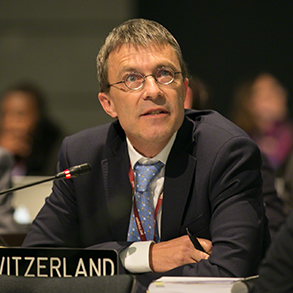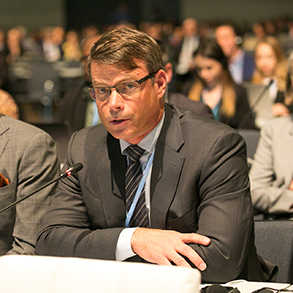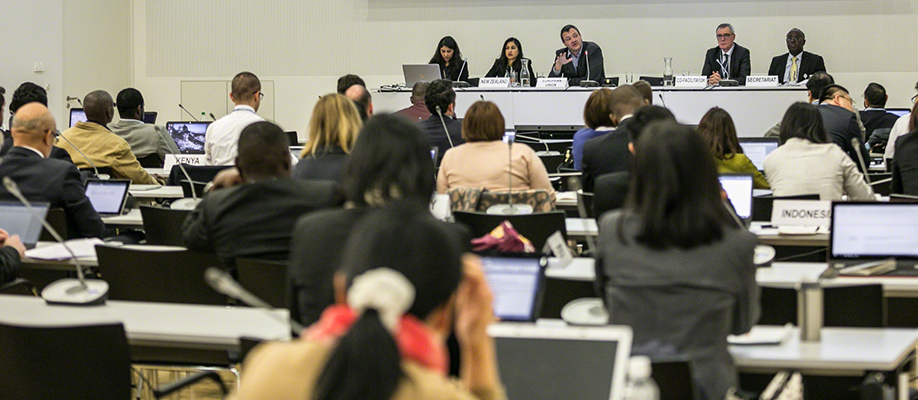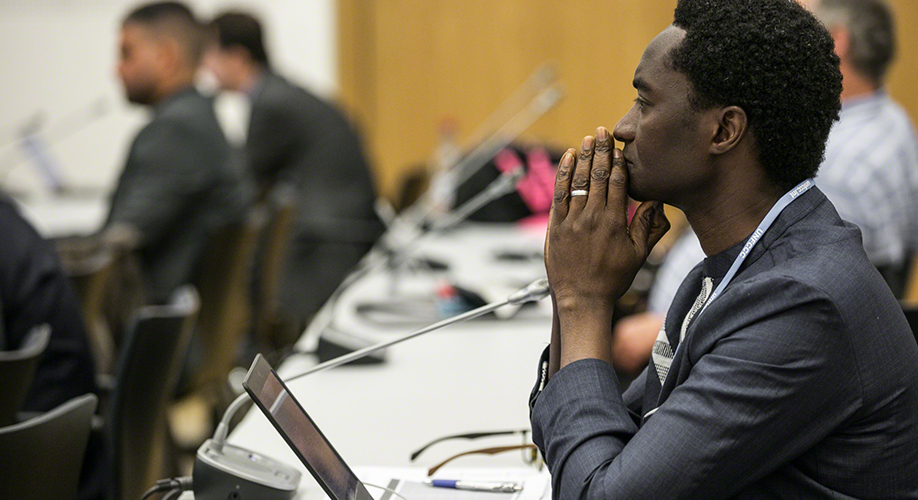Bonn Climate Change Conference - April 2018
30 April - 10 May 2018 | Bonn, Germany
Summary Highlights, 30 April - 10 May 2018
Download ENB Meeting Reports |
||||||||||||||||||||||||||||||||||||||||||||||||||||||||||||||
|
||||||||||||||||||||||||||||||||||||||||||||||||||||||||||||||


| Follow @iisdrs | ||
Highlights for Thursday, 10 May 2018
|
The Bonn Climate Change Conference ended on Thursday as each of the three bodies adopted conclusions for most of the issues on their agendas and agreed to future work, including at the next meeting in Bangkok, Thailand. There were mixed views on progress made on the issues related to finalizing the Paris Agreement Work Programme (PAWP), the set of decisions that will help countries implement the Agreement. Some of the items discussed most in the closing statements were:
The PAWP is slated for conclusion in December 2018. At this meeting, parties agreed to several steps to move the work forward:
Parties adopted several decisions on issues related to the ongoing implementation of the UN Climate Change Convention and the Kyoto Protocol, including the Koronivia joint work programme on agriculture, which includes a roadmap outlining the issues, workshops, and inputs of the work programme. ENB SUMMARY AND ANALYSIS: The Earth Negotiations Bulletin summary and analysis of the Bonn Climate Change Conference - April/May 2018 is available here. |
||
|
IISD Reporting Services, through its Earth Negotiations Bulletin (ENB) Meeting Coverage, provided daily digital coverage, daily reports, daily videos, and a summary and analysis report from the Bonn Climate Change Conference - April/May 2018. The summary and analysis report is now available in HTML and PDF. Photos by IISD/ENB | Kiara Worth + Visit the web coverage for Thursday, 10 May 2018 | ||
|
|
|
|
|
Highlights for Wednesday, 9 May 2018
|
At the Bonn Climate Change Conference, delegates worked to realize agreements on the second to last day. Negotiators concluded their consideration of several issues, while consideration of other issues, such as research and systemic observation and matters related to Article 6 of the Paris Agreement (cooperative approaches), continues. To bring together the work related to several issues under the Paris Agreement Work Programme (PAWP), the Ad Hoc Working Group on the Paris Agreement (APA) convened a contact group. During this meeting, the APA Co-Chairs proposed a way forward, which parties deliberated, revised, and eventually agreed to. The Technical Expert Meeting on Adaptation (TEM-A) met throughout the day to discuss adaptation planning for vulnerable groups, communities, and ecosystems. The sixth Dialogue on Action for Climate Empowerment (ACE) continued, focusing on public participation, public access to information, and international cooperation. The meeting is scheduled to close on Thursday, with conclusions expected on many issues. |
||
|
+ Download the daily report for Wednesday, 9 May 2018, in English (in HTML or PDF format), French (in HTML or PDF format), Arabic (in HTML or PDF format), or Japanese (in HTML or PDF format) | ||
|
|
|
|
|
|
|
|
Highlights for Tuesday, 8 May 2018
|
The Bonn Climate Change Conference continued on Tuesday, with negotiations on some issues yielding preliminary agreement, and negotiations on other issues trying to find solutions to disagreements. Preliminary agreement, pending formal adoption by the Subsidiary Body for Implementation (SBI) and Subsidiary Body for Scientific and Technical Advice (SBSTA), was found on some issues, including:
Throughout the day, several of the issues discussed under the SBI and SBSTA remained outstanding. The final plenaries for all the Subsidiary Bodies are scheduled for the last day of the conference, on Thursday, 10 May. Therefore, outstanding issues must be resolved on Wednesday. To address the many interrelated issues under the Paris Agreement Work Programme (PAWP), a “joint” meeting convened to discuss adaptation communication and the transparency framework. Work under the PAWP also included continued discussions on the transparency framework, Article 6 (cooperative approaches), and information to be provided in advance by developed countries on their financial support. The long-term finance workshop continued to discuss experiences and lessons learnt from articulating and translating needs identified in country-driven processes into on the ground projects and programmes. The sixth Dialogue on Action for Climate Empowerment (ACE) started today, focusing on public awareness and international cooperation. The COP 23 Presidency held a session to report back on the Talanoas held as part of the Talanoa Dialogue on Sunday, 6 May. Many delegates expressed appreciation for the Dialogue’s format and atmosphere, noting its value in building trust between all stakeholders. |
||
|
+ Download the daily report for Tuesday, 8 May 2018, in English (in HTML or PDF format), French (in HTML or PDF format), Arabic (in HTML or PDF format), or Japanese (in HTML or PDF format) | ||
|
|
|
|
|
|
Highlights for Monday, 7 May 2018
|
The Bonn Climate Change Conference started its second and final week, with some preliminary agreements emerging and a continued focus on the Paris Agreement Work Programme (PAWP). The negotiators working on the Koronovia joint work programme for agriculture and on common timeframes for nationally determined contributions (NDCs) agreed to draft conclusions that will be forwarded for adoption. Discussions under the PAWP centered on:
A workshop on long-term finance met, where delegates discussed countries' experiences and insights on how to facilitate developing countries' access to climate finance. |
||
|
+ Download the daily report for Monday, 7 May 2018, in English (in HTML or PDF format), French (in HTML or PDF format), Arabic (in HTML or PDF format), or Japanese (in HTML or PDF format) | ||
|
|
|
|
|
Participants form break-out groups to discuss finance-related matters | ||
|
Highlights for Sunday, 6 May 2018
|
On Sunday, seven Talanoa groups (“Talanoas”) met in an informal setting as part of the Talanoa Dialogue. Launched at the Fiji / Bonn Climate Change Conference in November 2017 (COP 23), the Dialogue is a global conversation about efforts to combat climate change, involving both UNFCCC parties and non-party stakeholders. The Dialogue is mandated to take stock of collective efforts towards progress on the Paris Agreement’s long-term mitigation goal. It will also inform the preparation of parties’ Nationally Determined Contributions (NDCs), the second round of which are expected in 2020. Following the Pacific region’s Talanoa tradition, the Dialogue’s goal is to share stories to find solutions for the common good. To this end, participants discussed three central questions:
Sunday’s meeting was part of the Talanoa Dialogue’s “preparatory phase,” which precedes a “political phase” that will take place at the Katowice Climate Change Conference in December 2018 (COP 24). Each of the seven Talanoas was named after an area in Fiji that is affected by climate change. In addition to sharing stories during Sunday’s Dialogue, parties and non-party stakeholders participated by submitting inputs. By 2 April 2018, stakeholders had submitted a total of 220 inputs to the Talanoa Dialogue platform. An overview is available here. |
||
|
+ Visit the web coverage for Sunday, 6 May 2018 | ||
|
|
|
|
|
|
|
Highlights for Saturday, 5 May 2018
|
With the first week of negotiations coming to a close, one of the day's key events was the joint stocktaking plenary by the Subsidiary Body for Implementation (SBI), the Subsidiary Body for Scientific and Technological Advice (SBSTA) and the Ad Hoc Working Group on the Paris Agreement (APA). A Gender Dialogue also convened, and the Paris Committee on Capacity-Building (PCCB) held a meeting. The main focus in the negotiations remained on the Paris Agreement Work Programme (PAWP), which needs to be finalized by COP 24. A range of topics were taken up during the day, including finance, adaptation, mitigation, market and non-market approaches, response measures, and the transparency framework. Negotiating groups also met to discuss various other issues on the SBSTA and SBI agendas, including arrangements for intergovernmental meetings, agriculture, and research and systematic observation. |
||
|
+ Download the daily report for Saturday, 5 May 2018, in English (in HTML or PDF format), French (in HTML or PDF format), Arabic (in HTML or PDF format), or Japanese (in HTML or PDF format) | ||
|
|
|
|
|
|
|
Highlights for Friday, 4 May 2018
|
On Friday, negotiations once again focused on the Paris Agreement Work Programme (PAWP), which needs to be finalized by COP 24 in December. A range of topics were taken up during the day, including:
Negotiating groups also met to discuss various other issues on the Subsidiary Body for Scientific and Technological Advice (SBSTA) and the Subsidiary Body for Implementation (SBI) agendas, including National Adaptation Plans, research and systematic observation, and Local Communities and Indigenous Peoples Platform. The fifth workshop of facilitative sharing of views (FSV) under the International Consultation and Analysis also took place, along with the meeting of the Paris Committee on Capacity-Building. |
||
|
+ Download the daily report for Friday, 4 May 2018, in English (in HTML or PDF format), French (in HTML or PDF format), Arabic (in HTML or PDF format), or Japanese (in HTML or PDF format) | ||
|
|
|
|
|
|
|
Highlights for Thursday, 3 May 2018
|
A key focus area on Thursday was the negotiations under the Paris Agreement Work Programme (PAWP), which needs to be finalized by COP 24 in December. A range of topics were taken up during the day, including mitigation and Nationally Determined Contributions (NDCs), finance, the transparency framework, and the mechanism to facilitate the Agreement's implementation and promote compliance. Negotiating groups also met to discuss various other issues on the Subsidiary Body for Scientific and Technological Advice (SBSTA) and the Subsidiary Body for Implementation (SBI) agendas. Capacity building and loss and damage featured among the other key themes on Thursday. The Suva Expert Dialogue on issues related to loss and damage continued for the second day. In addition, the Paris Committee on Capacity-Building (PCCB) held its second meeting, along with the seventh Durban Forum on Capacity-Building. The tenth session of the SBSTA research dialogue also took place. |
||
|
+ Download the daily report for Thursday, 3 May 2018, in English (in HTML or PDF format), French (in HTML or PDF format), Arabic (in HTML or PDF format), or Japanese (in HTML or PDF format) | ||
|
|
|
|
|
|
|
Highlights for Wednesday, 2 May 2018
|
The Bonn Climate Change Conference continued on Wednesday. Among the day’s key issues was the opening meeting of the Talanoa Dialogue, a global conversation about the efforts to combat climate change involving both parties and non-party stakeholders. Another important theme was the the Paris Agreement Work Programme (PAWP), scheduled for completion at COP 24 in December. Topics discussed during the day included mitigation and Nationally Determined Contributions (NDCs), adaptation, global stocktake, and finance. A number of negotiating groups also met to discuss issues on the Subsidiary Body for Scientific and Technological Advice (SBSTA) and the Subsidiary Body for Implementation (SBI) agendas. In addition, the Suva Expert Dialogue was organized, focusing on issues related to loss and damage. A workshop on Climate Change and Gender also took place. |
||
|
+ Download the daily report for Wednesday, 2 May 2018, in English (in HTML or PDF format), French (in HTML or PDF format), Arabic (in HTML or PDF format), or Japanese (in HTML or PDF format) | ||
|
|
|
|
|
|
|
Highlights for Tuesday, 1 May 2018
|
The Bonn Climate Change Conference continued on Tuesday, with negotiations on the Paris Agreement Work Programme (PAWP) as the day's main focus. Topics discussed included finance, mitigation, transparency, global stocktake, adaptation and the committee to facilitate the Paris Agreement's implementation and promote compliance. These discussions took place under the Ad Hoc Working Group on the Paris Agreement (APA), the Subsidiary Body for Implementation (SBI), and the Subsidiary Body for Scientific and Technological Advice (SBSTA) through various contact groups and informal consultations. Negotiations also took place on other items under the SBI and SBSTA. Issues discussed included technology, Least Developed Countries (LDCs), the Adaptation Committee, research and systematic observation, and reporting. In addition, three workshops took place throughout the day, on:
|
||
|
+ Download the daily report for Tuesday, 1 May 2018, in English (in HTML or PDF format), French (in HTML or PDF format), Arabic (in HTML or PDF format), or Japanese (in HTML or PDF format) | ||
|
|
|
|
|
|
|
|
Highlights for Monday, 30 April 2018
|
On Monday, parties at the Bonn Climate Change Conference focused on launching substantive work by establishing negotiating groups. Plenary meetings of the three main negotiating bodies, the Subsidiary Body for Implementation (SBI), the Subsidiary Body for Scientific and Technological Advice (SBSTA) and the Ad Hoc Working Group on the Paris Agreement (APA) made good progress, with each body working through its agenda without major disagreements. In the evening, the three bodies held a joint plenary to hear statements from parties and observer organizations. In the afternoon, several of the negotiating groups held their first meetings and started substantive negotiations on issues such as agriculture, technology, finance, market and non-market mechanisms, and adaptation. Throughout the day, a training workshop also took place to consider economic modelling tools related to the work programme on response measures. Its aim was to understand and quantify the cross-border impacts of climate-related policies (i.e., response measures). |
||
|
+ Download the daily report for Monday, 30 April 2018, in English (in HTML or PDF format), French (in HTML or PDF format), Arabic (in HTML or PDF format), or Japanese (in HTML or PDF format) | ||
|
|
|
|
|
|
|
|
Kingdom of Saudi Arabia, and the European Union (EU)
IISD Reporting Services is grateful to the many donors of the Earth Negotiations Bulletin (ENB) and recognizes the following as core contributors to the ENB: the European Union and the Kingdom of Saudi Arabia. General Support for the Bulletin during 2018 is provided by the German Federal Ministry for the Environment, Nature Conservation and Nuclear Safety (BMU), Italian Ministry for the Environment, Land and Sea, Japanese Ministry of Environment (through the Institute for Global Environmental Strategies - IGES), New Zealand Ministry of Foreign Affairs and Trade, Swedish Ministry of Foreign Affairs, Government of Switzerland (Swiss Federal Office for the Environment (FOEN)), and SWAN International. Funding for translation of the Bulletin into French has been provided by the Government of France, Québec, and the Institute of La Francophonie for Sustainable Development (IFDD), a subsidiary body of the International Organization of La Francophonie (OIF). |
||
